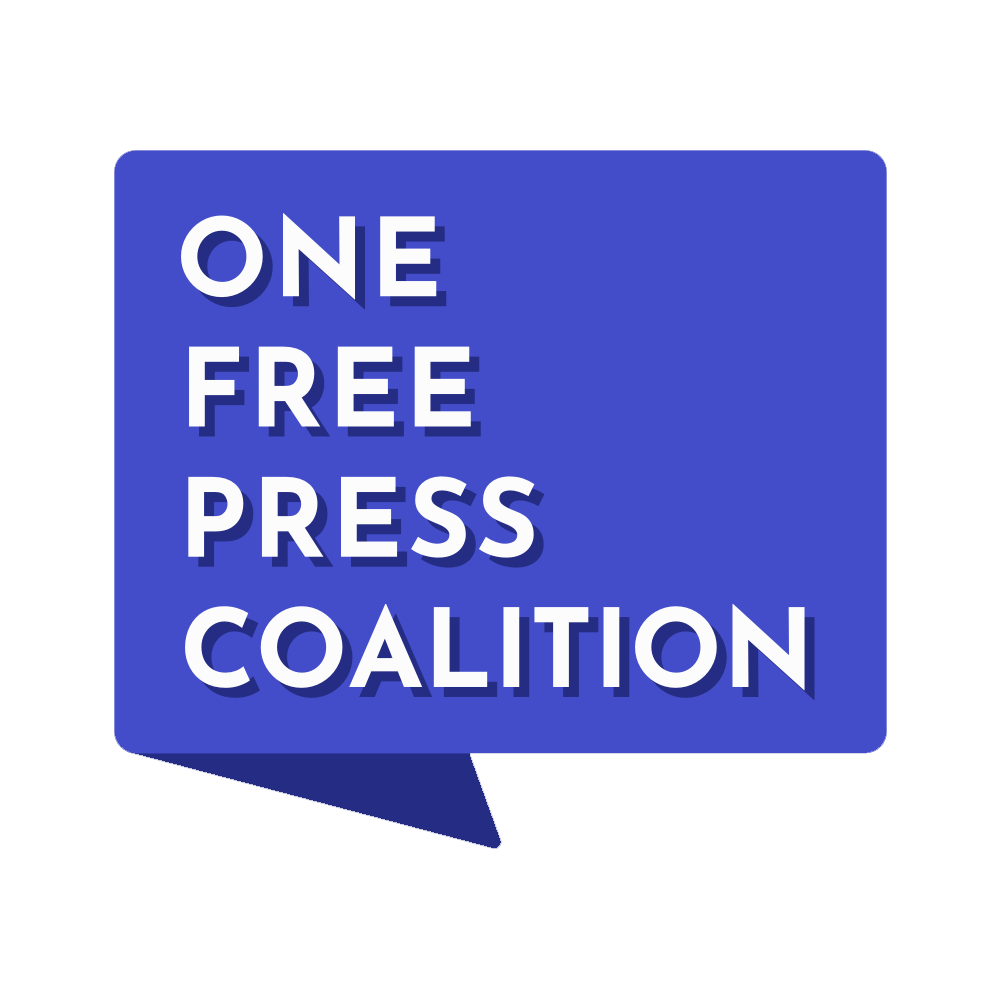Azory Gwanda (Credit Mwananchi Publications Limited)
On May 1, 2019 the Coalition launched the third monthly "10 Most Urgent" list, calling attention to the most pressing cases of journalists under attack for pursuing the truth. (not ranked in a specific order)
Azory Gwanda (Tanzania): Independent Tanzanian journalist goes missing. Azory Gwanda, a freelance journalist working in rural Tanzania, has been missing since November 21, 2017. Before his disappearance Gwanda had been investigating mysterious killings in his community. The Tanzanian government has so far failed to launch a credible investigation into his case.
Wa Lone and Kyaw Soe Oo (Myanmar): Reuters reporters imprisoned under the Official Secrets Act. Following their investigation into a security force massacre of Rohingya men and boys in western Rakhine State, the pair were convicted under the colonial-era Official Secrets Act and sentenced to seven years each in prison, even though a policeman testified that they had been entrapped. The Myanmar Supreme Court recently upheld their convictions.
Miguel Mora and Lucía Pineda (Nicaragua): Nicaraguan journalists detained amid media crackdown. In December, Nicaraguan police raided TV station 100% Noticias and arrested station director Miguel Mora and Lucía Pineda, its news director. Both journalists are being held on charges of “inciting hate and violence” and have been denied consistent access to legal services.
Miroslava Breach Velducea (Mexico): Murdered for reporting on corruption and politics. In March 2017, La Jornada correspondent Miroslava Breach Velducea was murdered in the state of Chihuahua in connection to her reporting on links between politicians and organized crime. Prior to her death, she had received threats on at least three occasions for her reporting. Currently there is one suspect in custody, and the next hearing is expected to take place in the coming months.
Claudia Duque (Colombia): Veteran investigative reporter deserves justice for harassment and attacks. Duque has endured kidnapping, illegal surveillance, psychological torture, and exile as a result of her work. Colombian courts convicted three high-ranking officers of the Colombian security services for torturing Claudia and her daughter in 2003 and 2004. As of May 2019, all the defendants in the case were free.
Mahmoud Abou Zeid (Shawkan) and Alaa Abdelfattah (Egypt): Still not free, even after prison release. Egyptian blogger Alaa Abdelfattah and photographer Mahmoud Abou Zeid (Shawkan) were released this year after spending over five years behind bars. However, both have to report to a police station each evening, and it is up to the police whether they can leave. So far, both have spent every night of their “freedom” behind bars.
Aasif Sultan (India): Imprisoned on anti-state charges for covering conflict. Aasif Sultan, a reporter with Kashmir Narrator, was arrested on anti-state charges in August 2018. He has been repeatedly interrogated and asked to reveal sources by police, and has experienced health issues as he remains behind bars.
Jamal Khashoggi (Saudi Arabia): Justice denied for murdered Saudi journalist. Months after his brutal murder at the Saudi Arabian consulate in Istanbul, and despite findings from the CIA that point to the Saudi crown prince’s involvement, there has been no independent UN criminal investigation. Calls for the White House to release intelligence reports have gone unheeded, along with a deadline to reply to Congress as required under the U.S. Global Magnitsky Act.
Mimi Mefo (Cameroon): An arrest on false news and cybercrime charges. In November 2018, journalist Mimi Mefo was arrested on false news and cybercrime charges in connection to her reporting on unrest in the conflict-hit North West and South West Regions of Cameroon. While she was released after four days, she continues to speak out against harassment of journalists throughout Cameroon and the impact of the conflict.
Anna Nimiriano (South Sudan): Newspaper editor in South Sudan lives under constant threat. As editor of the Juba Monitor, Nimiriano fights to keep her colleagues out of jail for their reporting, and has in the past been ordered by the government to shut down the paper. She perseveres in spite of arrest threats and constant censorship of her and her colleagues.
